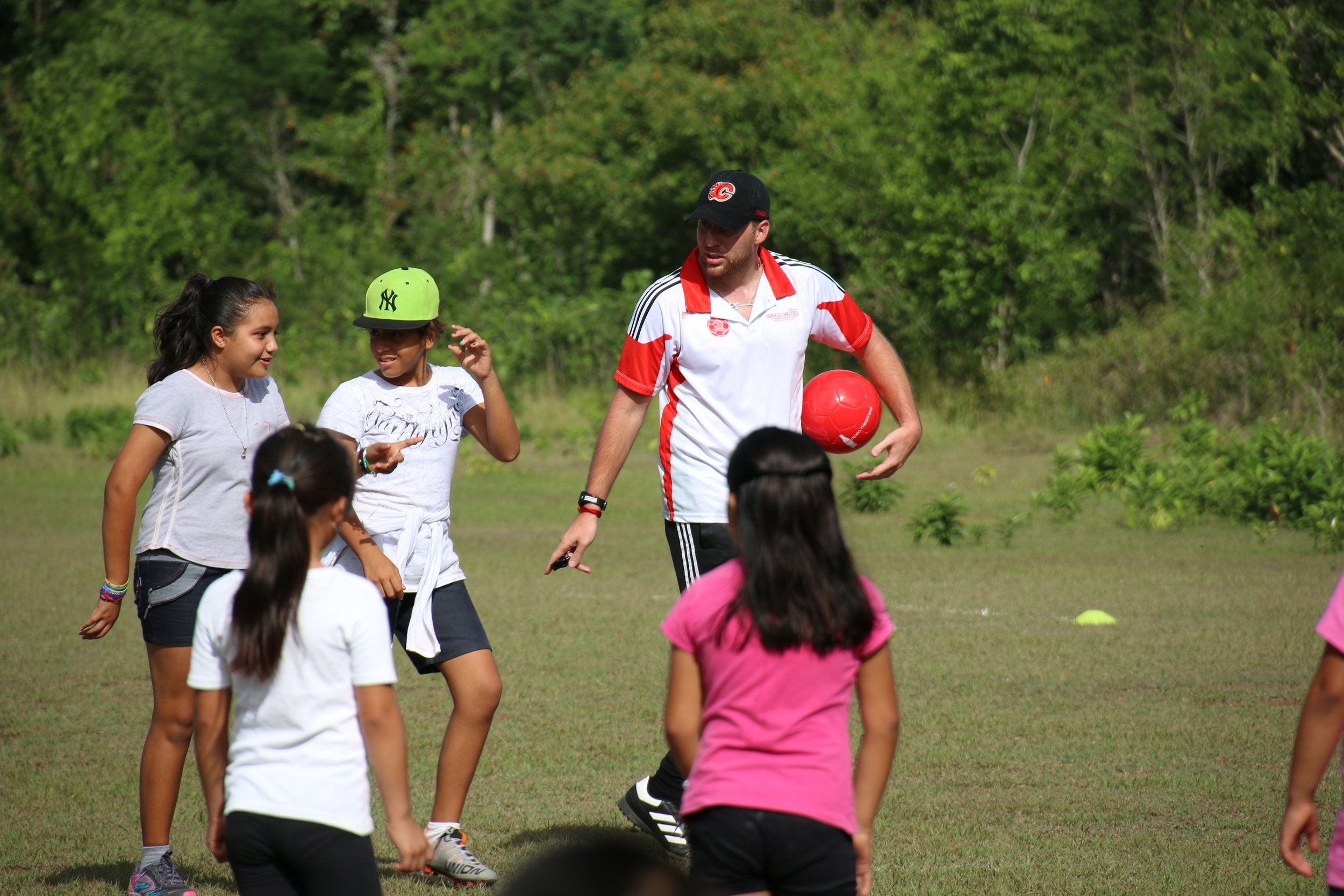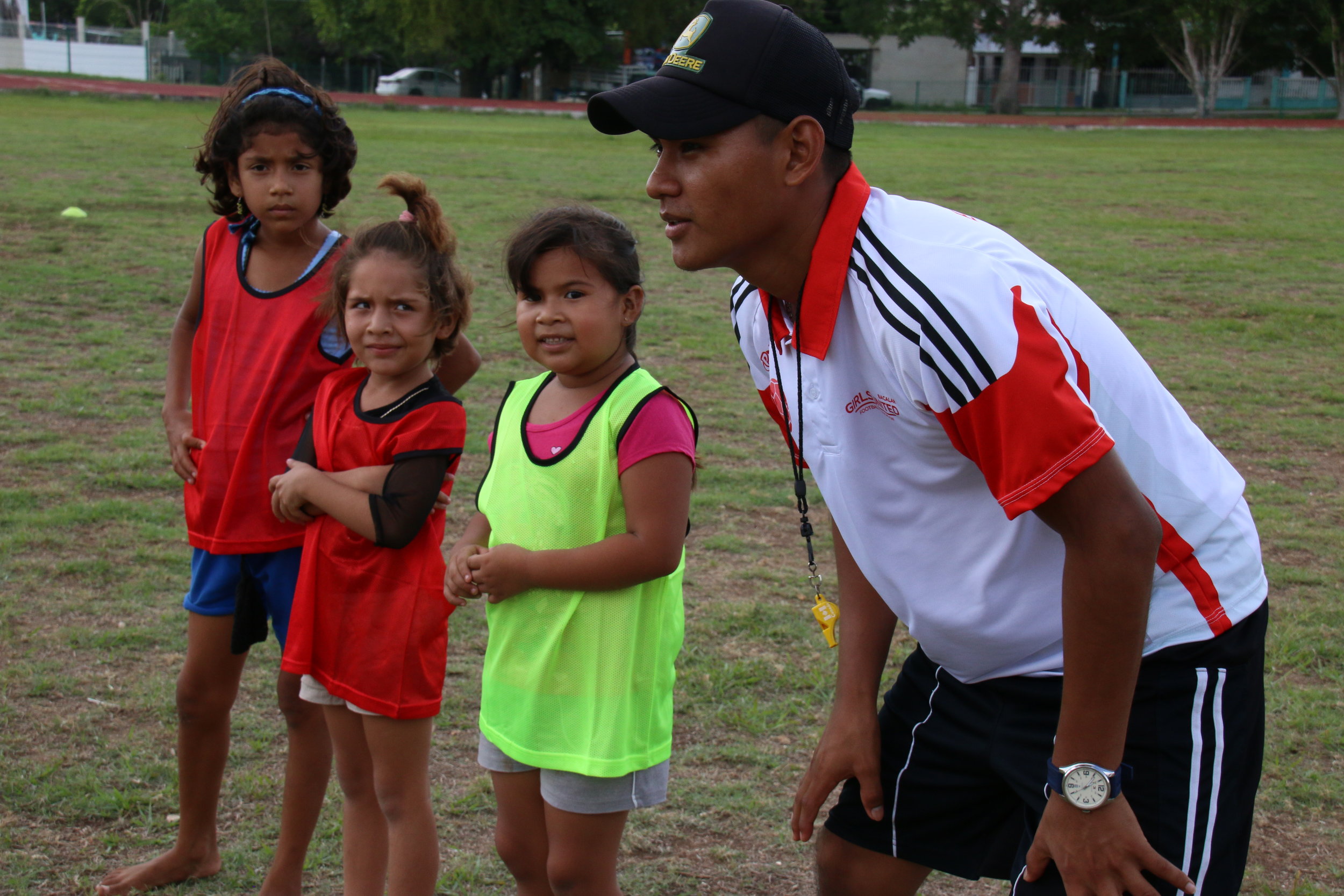On a recent weekend, I had the pleasure of playing in my university’s alumni games, in which past members of the football club come together to challenge this year’s current team. As a recent graduate, this was my first alumni tournament, and I saw the event as an opportunity for loads of banter, some friendly competition and a potential post-match pint. The event was planned weeks in advance and all my favourite people were set to be in attendance. Genuinely, what a nice way to spend a Saturday afternoon.
Except on this fateful day, some divine power decided to produce a temperature of 7 degrees and non-stop rain, and my alumni match dreams were ruined.
Prior to detailing out how miserable the weather made me feel, I really must mention that the King’s College London Women’s Football Club consists exclusively of the most wonderful people this world could offer. Off the pitch, these people reach a level of lovely that could rival Michelangelo’s cherubs. And on the pitch, their football skills are better than that of all of the Premier League’s players combined. However, given the current forecast, even the lovely company could not remedy the environmental situation. I’d really hate to sound dramatic, but I don’t do cold, I don’t do rain and I *definitely* don’t do wind.
So I have decided to expose how entirely pathetic I am when it comes to the weather and share 10 thoughts that came to my mind on this blustery afternoon. My hopes are that you can either whole-heartedly relate to my weakness or you can burst out with judgemental laughter.
1. Why are we doing this to ourselves?
Before even arriving at the grounds, I am looking for an explanation; I am eager to know why I have agreed to this and why I don’t have a greater level of self-respect from letting me make poor decisions like agreeing to play football in seven-degree weather.
2. How can I get out of this?
Before the ref even blows the whistle, I am brainstorming ways to get sent home. Perhaps I can injure myself now? Or even better, I can convince my teammates that the injury I had three years ago feels like it is coming back? Is that a migraine I feel coming on? What can I possibly do to get out of the next ninety minutes without losing the respect of all my teammates?
3. Will I be too hot after running around for the first ten minutes?
This thought usually dawns on me even before I leave the changing rooms, as I start to debate how many layers is appropriate for the match. In hindsight, this thought is so stupid that I almost embarrassed to write it down. Why do I even contemplate not wearing the maximum number of layers? I can’t believe I even considered leaving a warm garment in the changing rooms instead of bringing all possible options out to the pitch.
4. Why can I not think of a single word that isn’t a curse word?
About half-way through the second half of this match, I can vividly remember a moment in which I was trying to communicate to my three other defenders, and I genuinely could not make out a single word that was not a four-letter swear.
5. Note to self: tell my flatmate to never let me leave the flat again this winter.
No explanation needed. Hibernation is suddenly so appealing.
6. Halftime: Alright, lads, let’s move this chat to the changing room.
Maybe I can convince the team to move the rest of the match into the changing rooms. It will be cramped, and the keepers might have a tough time, but gosh, will it be warm or what.
7. Second half begins. This is worse than ever. I am warm with wet clothes on and they expect me to go outside again to face the wind in my damp wet clothes.
At this point, I have decided that we are half way through the match and positive thoughts are the only thing to get me through to the end. With my new positivity energy, I can vaguely feel a desire to smile.
8. I think I am just going to run around loads to warm up, and hopefully the team will just think I am really keen defender.
Here is why I choose whether I sympathise more with my personal lung capacity or my dire body temperatures. Considering that I can no longer feel my toes (and I am unsure if feeling will ever return), I am going to have to rely heavily on my rather weak lungs. However, my team will thank me and I’ll be a hero.
9. Goal is scored and the human pile is a little gross but warm.
Not typically a fan of physical affection, but this human-pile up really is toasty.
10. Note to self: Move to a hotter country ASAP.
This thought accompanies another mental note to self, which is that upon moving to a warmer climate I must continue to play football because today was fun and football is fun. Being back on the ball today has reminded me of the value of football and how sport can bring us together. #WholesomeContent
--
I have realised that after publishing this no football club will ever welcome my membership ever again. I would like to make it clear that I did survive the entirety of this match, and I even managed to smile at the end.









